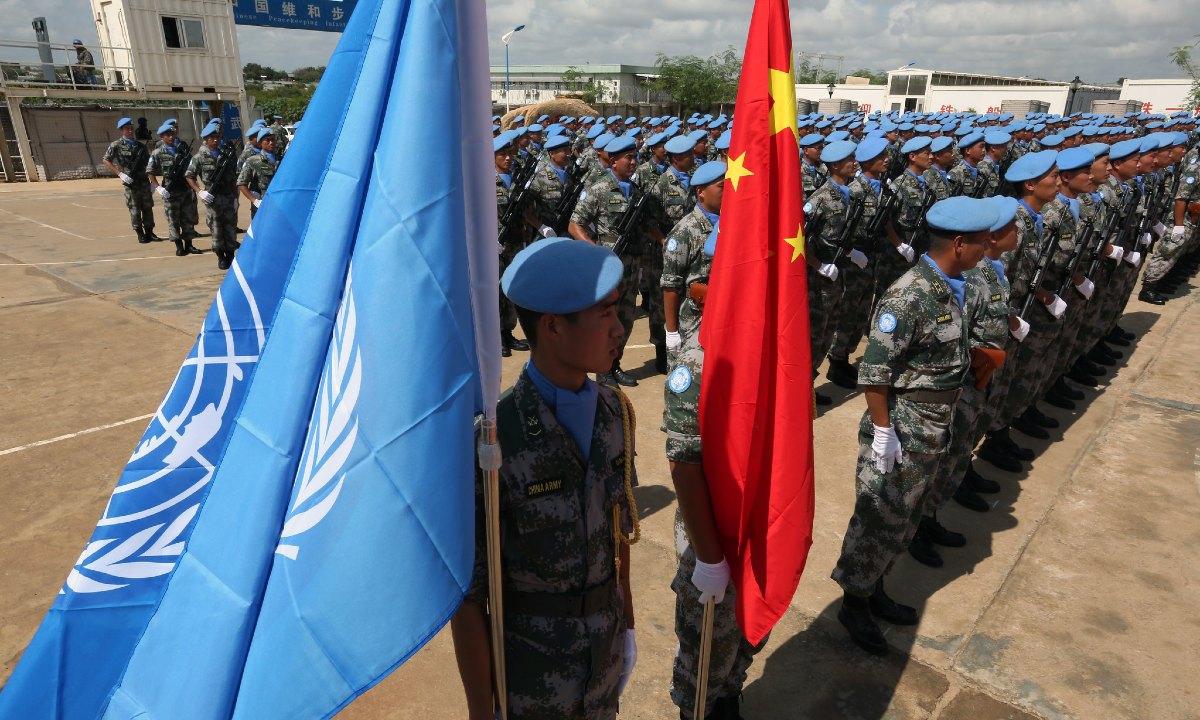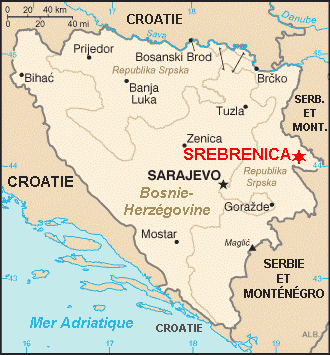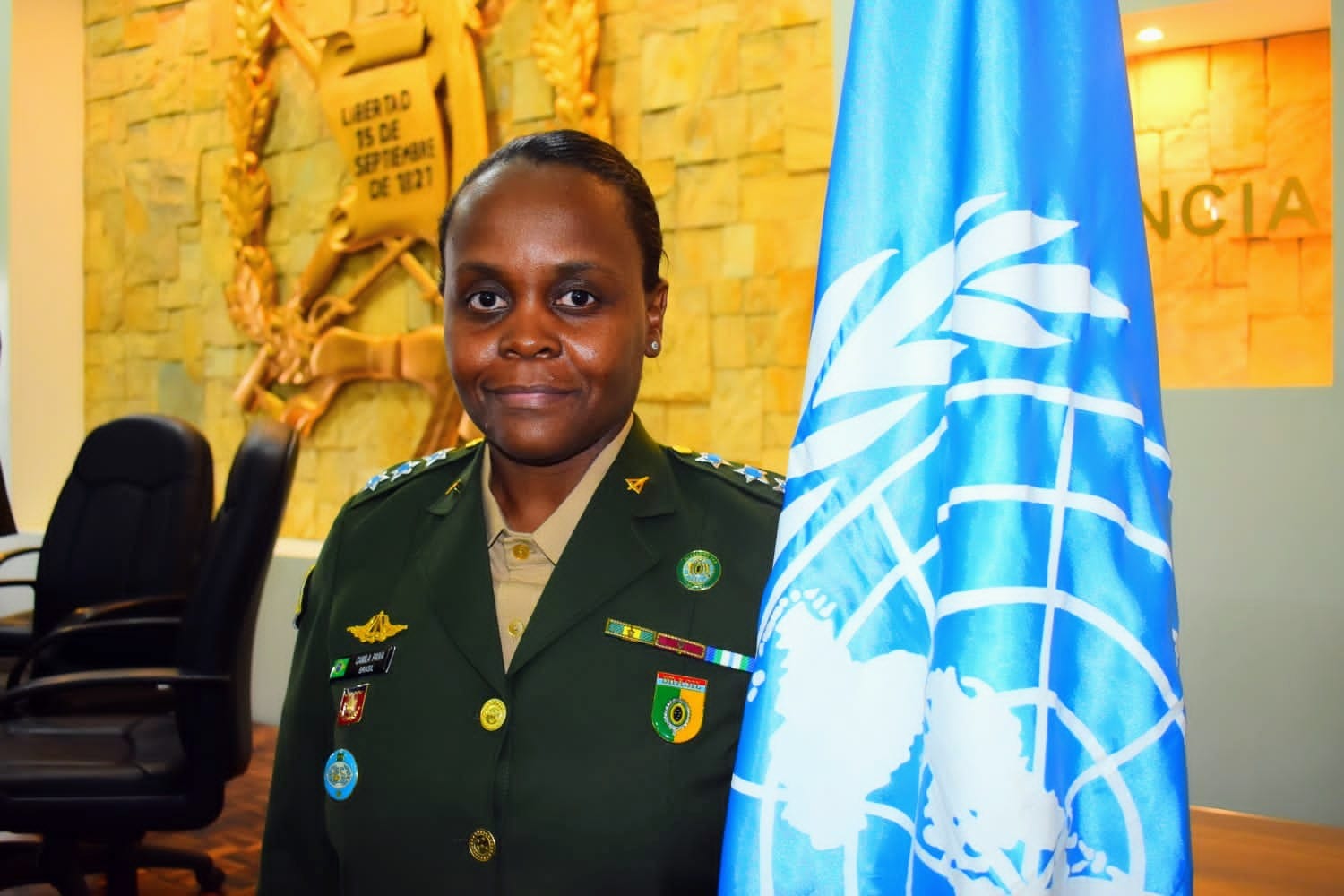
Principles of peacekeeping United Nations Peacekeeping
These three principles are inter-related and mutually reinforcing: Consent of the parties Impartiality Non-use of force except in self-defence and defence of the mandate 1. Consent of the parties UN peacekeeping operations are deployed with the consent of the main parties to the conflict. This requires a commitment by the parties to a political process. Their acceptance of a

International Day of UN Peacekeepers 2023 observed on 29th May

PDF) Peace processes, violence, and de facto states: introduction

Conceptual Framework of Peacekeeping Operations [Source] United

PDF) Climate-Sensitive Programming in International Security: An

Principles and Guidelines for United Nations Peacekeeping

FUNDAMENTAL PRINCIPLES OF THE UNITED NATIONS PEACEKEEPING

Burning Issues- United Nations Peacekeeping - Civilsdaily

Beijing's Blue Helmets: What to Make of China's Role in UN

Blueprints for the Midcentury

Canada and international peacekeeping - Veterans Affairs Canada

Improving Security of United Nations Peacekeepers: We need to

Val van Srebrenica - Wikipedia

FUNDAMENTAL PRINCIPLES OF THE UNITED NATIONS PEACEKEEPING

UN Peacekeeping Operations: Principles and Guidelines - “Capstone

Insights of a Brazilian Peacekeeper in Updating the Implementing









